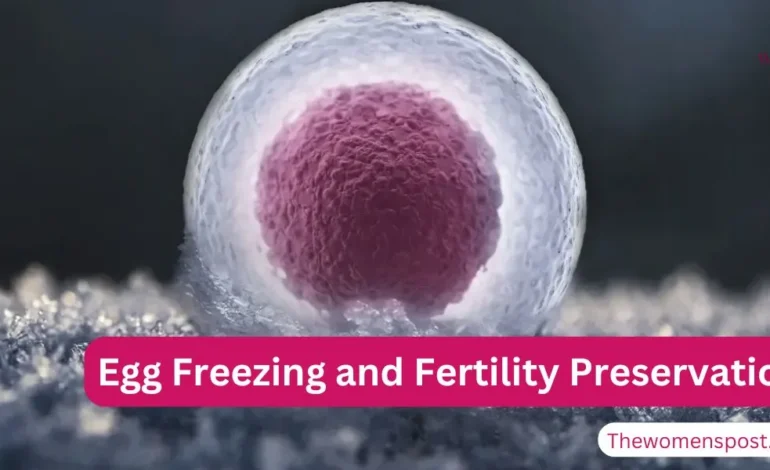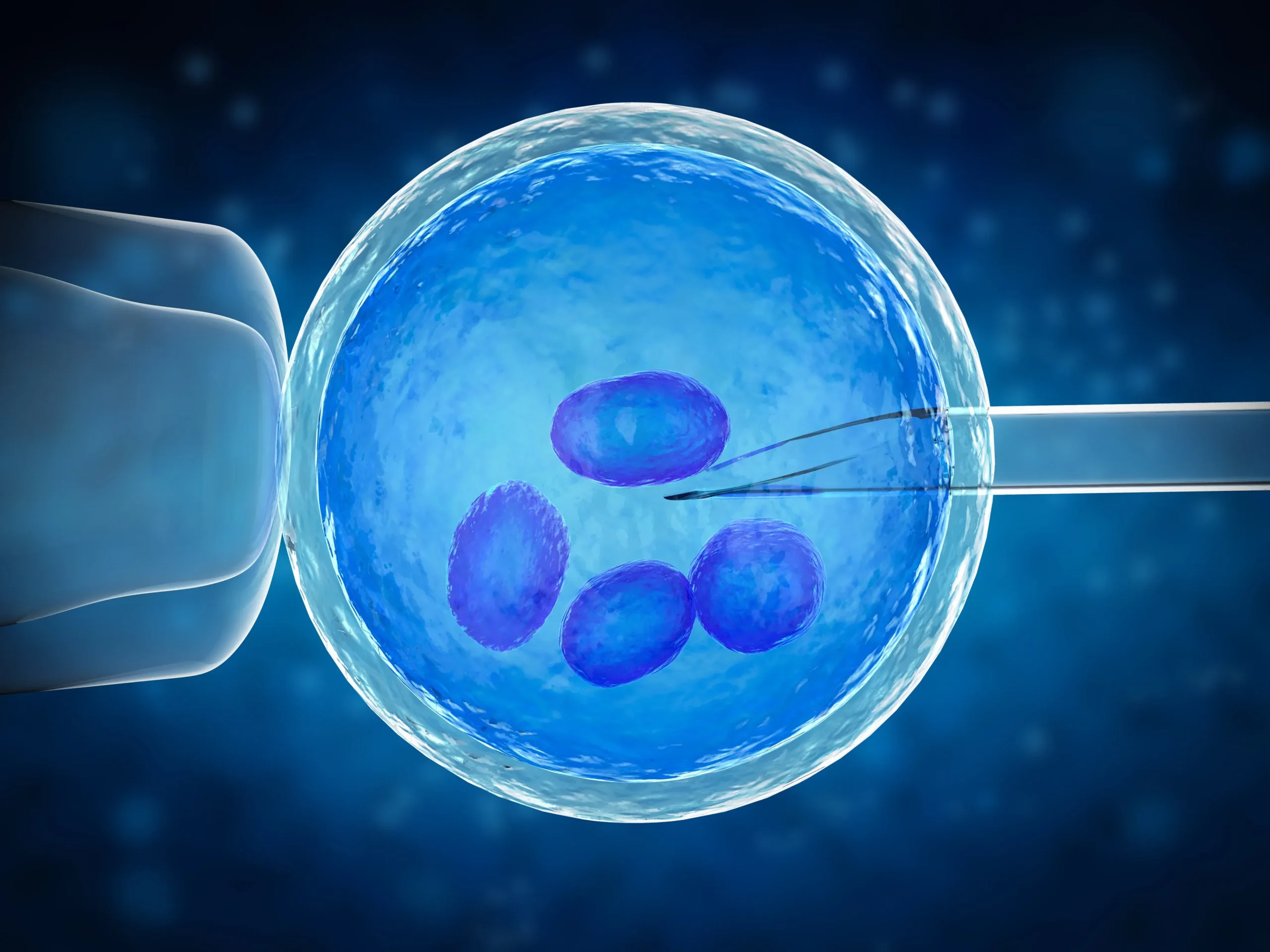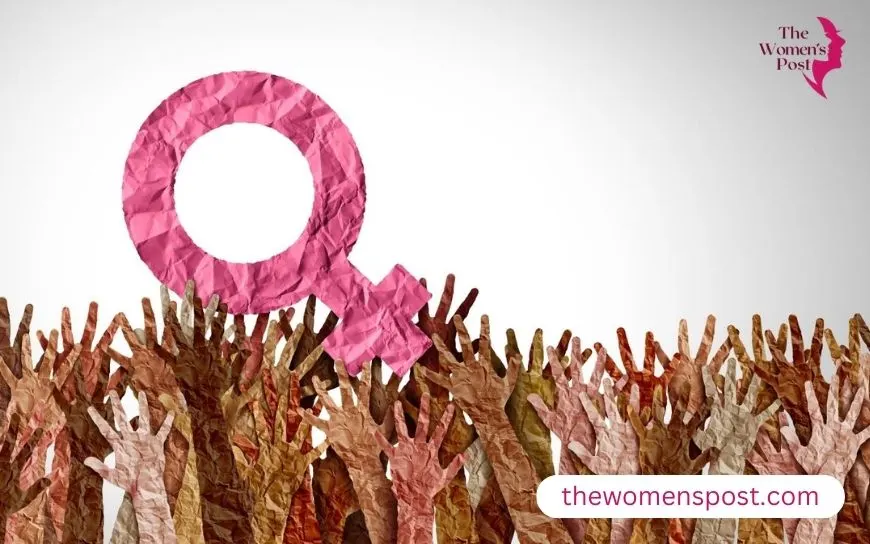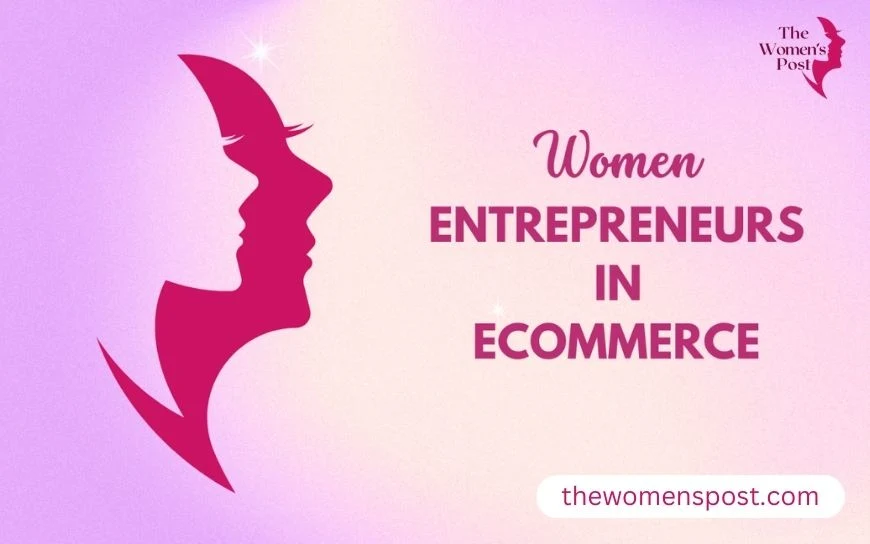Egg freezing: What Women in their 20s and 30s need to know

In 2025, they are witnessing a revolution in how women approach both their reproductive health and their roles in the technology industry. At the heart of this revolution is the growing awareness and adoption of egg freezing—a process that empowers individuals to actively preserve their fertility and focus on redefining the future, whether that’s through personal, professional, or technological pursuits.
Understanding Egg Freezing and Fertility Preservation
Egg freezing, also known as oocyte cryopreservation, enables women to extract and store their eggs for later use. By undergoing this advanced medical procedure, they gain the flexibility to plan their families at the right time, deferring motherhood for career, personal goals, or health reasons.
Importantly, egg freezing gives women the freedom to take control of their fertility. By freezing eggs in their 20s or early 30s—when egg quality is typically highest—they maximize the chances of a future successful pregnancy, even if they choose to delay having children.
Key Benefits of Egg Freezing

Also Read: Understanding Menstrual Disorders: Causes, Symptoms, And Treatments
- Autonomy and Flexibility: They are no longer constrained by their biological clock. Women can prioritize education, career goals, or personal growth, knowing their fertility is preserved.
- Peace of Mind: The procedure alleviates the anxiety related to age-related fertility decline, enabling them to focus on the present.
- Medical Safeguard: For those confronting medical conditions—such as cancer or endometriosis—egg freezing can secure future fertility prior to treatments that may compromise reproductive health.
- No Need for a Partner: Unlike embryo freezing, egg freezing does not require sperm. This grants women greater independence in making reproductive decisions.
Fertility Preservation Options for Women
Besides egg freezing, several technologies empower them in reproductive planning:
- Embryo Cryopreservation: Mixing eggs and sperm to create embryos, which are then frozen, is the most established and successful method but requires a partner or donor at the time of freezing.
- Ovarian Tissue Freezing: Particularly useful for young women who cannot undergo egg retrieval, this method is available in select centers and allows natural pregnancy if needed.
- Innovations in Fertility Treatments: AI-driven IVF, wearable fertility trackers, and microbiome-based care tailor treatments for maximum success, reducing interventions and making them more accessible than ever before.
Egg Freezing: A Growing Trend Among Women In Tech
As women take on groundbreaking roles in the global tech industry, they increasingly leverage fertility preservation to harmonize career and reproductive goals. Many of those redefining tech prioritize their careers in their 20s and 30s, knowing options like egg freezing let them focus on game-changing innovation without sacrificing future family aspirations.
Why Tech-Savvy Women Choose Egg Freezing

Also Read: Understanding PCOS: Symptoms, Causes, Treatment & How Women Can Take Control
- Professional Ambition: They are founding startups, leading tech teams, and shaping innovation. Having reproductive options supports these ambitions by decoupling career progression from fertility timelines.
- Role Model Effect: As female tech leaders champion reproductive empowerment, they encourage younger cohorts to explore all their options, spotlighting health and autonomy as key components of modern leadership.
Female Leaders Transforming the Tech World in 2025
The global tech industry is filled with women at the forefront of change. They are CEOs, inventors, engineers, and strategists—all influencing how technology evolves.
Profiles of Influential Women in Tech
- Shiloh Lawrence (Active Minds): Driving mental wellness technologies in the digital age.
- Taryn Woldagabriel (Bennie Health): Innovating in healthcare and fertility access.
- Monica Bajaj (Okta), Dr. Kelley Mullick (AVAYLA LLC), Shalini Thyagaraja (Microsoft): Exemplify how they break barriers, enable diverse teams, and mentor others in traditionally male-dominated spaces.
These leaders, among many others, inspire young women to pursue both career and reproductive dreams—with egg freezing often part of their journey.
How Women Are Shaping the Future of Innovation
They are no longer asking permission to lead—they are leading. Whether inventing new fertility technologies or championing women’s health research, they influence every aspect of STEM. Studies consistently show that gender-diverse teams foster creativity and develop products more inclusive for everyone.
The Women’s Post: Focusing on Health and Tech Empowerment
Thewomenspost highlights these stories—connecting readers with up-to-date information on reproductive health, profiles of innovators, and resources for women balancing multiple life paths.
What Women in Their 20s and 30s Need to Know About Egg Freezing

Also Read: Top Yoga Trends for Better Health in 2025
Women considering egg freezing should:
- Act Early: The younger they freeze their eggs, the better the quality and quantity, which improves outcomes later.
- Understand the Investment: Success rates are high, but the procedure involves costs and medical visits. Clinics are now offering better financing and more support for women at all life stages.
- Seek Reliable Guidance: Consulting a fertility specialist ensures the best personalized plan, considering health history, career stage, and personal goals.
- Lean on Community: Networks like #WomenInTech not only push for gender equity but also foster conversations about fertility, family, and health autonomy.
The Future: Where Fertility and Innovation Meet
As they move through 2025, women are reshaping both biological and technological frontiers. By harnessing options like egg freezing and leading global tech innovation, they demonstrate that the tools for empowerment—biological and digital alike—are well within their grasp.









